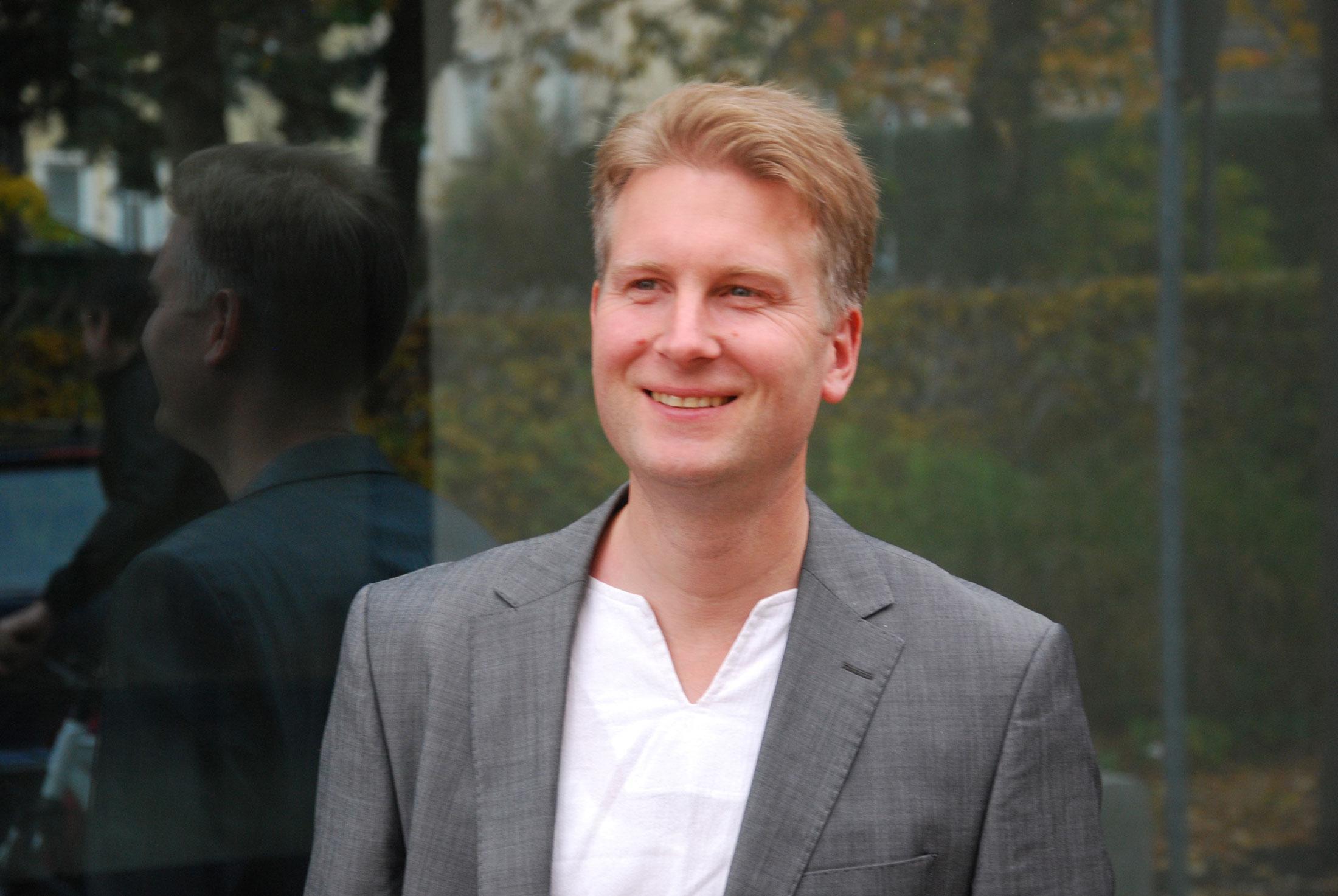
An academic from Switzerland has won a legal case against the Istanbul Technical University (İTÜ) over his dismissal and claims that he was not paid.
Stefan Pohlit, who was employed for two years as an assistant professor in the university’s music department, said he was not paid for extra lectures he gave after he was fired by the university. He ultimately decided to take the dispute to a local court in Istanbul.
The court ruled that Pohlit was entitled to a payment of up to 80,000 liras, setting a precedent for other academics working with contracts at universities.
Pohlit started to give lectures at the conservatory in 2012 and renewed his one-year contract after his first year of teaching.
He was fired in December 2014 but continued to give lectures until February 2015. The university later informed Pohlit that he would not be working at the department anymore.
Pohlit sent a notice to the university asking to be allowed to continue lecturing. When the university rejected his request, Pohlit in April 2015 took legal action over not being paid previously.
In the petition he submitted to court, Pohlit said he was denied his lawful claims and demanded up to 107,000 liras from the university.
Lawyers representing İTÜ rejected his arguments on the grounds that the university signed a fixed-term work contract with Pohlit so he was not entitled to severance or notice pay. The lawyers also denied Pohlit’s claims that the extra work he did necessitated overtime pay.
Precedent for other academics
Pohlit’s lawyer, Bora Beller, said the case meant that for the first time an academic’s contract was considered an “indefinite labor contract,” so the court ruled that an academic working under such terms was entitled to overtime pay.
“According to current regulations, there are limits to the number of hours academics can give lectures in a week. But universities exploit this and make academics work longer than regulations dictate without paying for extra work,” Beller said.
The latest ruling in the Pohli case paves the way for regulations in labor law to be applied to academic staff, he added.